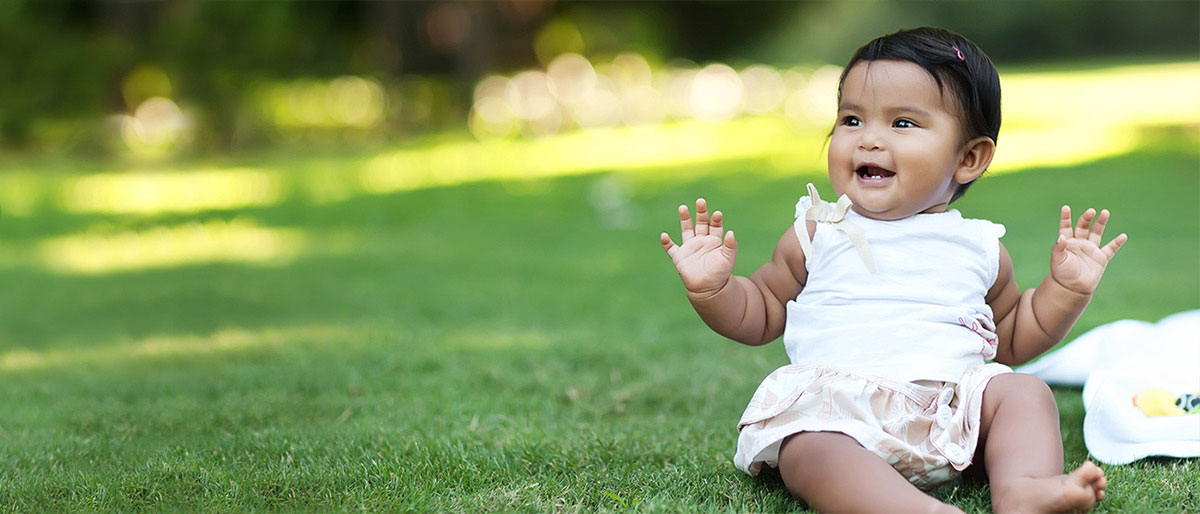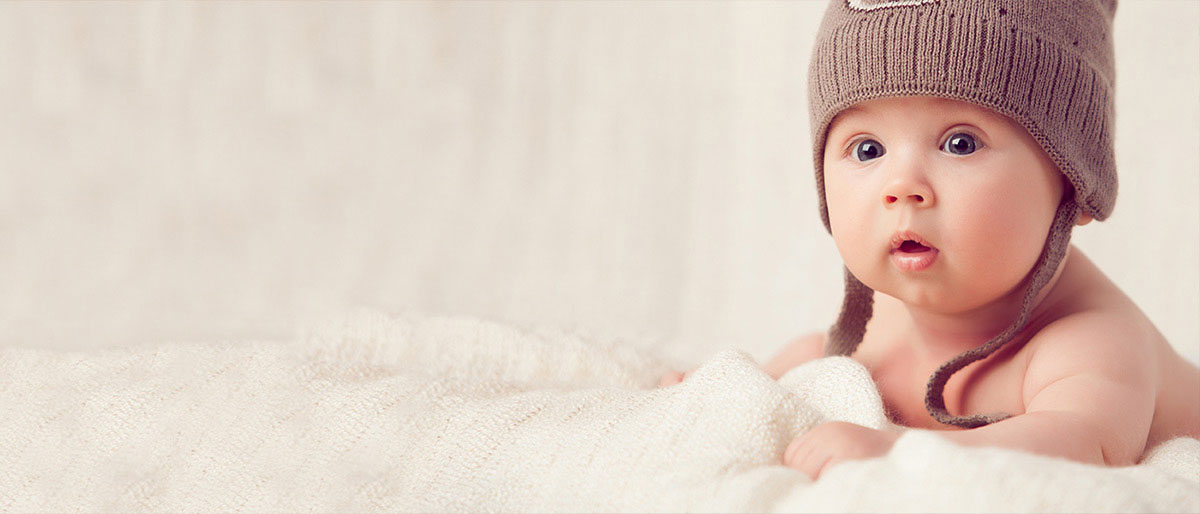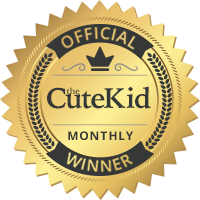Thank You from The CuteKid
As of January 31, 2024, The CuteKid has ceased its operations. It is with a heavy heart that we announce the closure of The CuteKid website and platform. This decision was not made lightly, and we understand the impact it may have on the community we’ve built over the years.
More from the CuteKid


Upload unlimited photos

Share with friends and family

Create your own customized URL

Gain badges for your activity

2023 December Winners
Congratulations to December's winners! Enter your CuteKid today and have a chance to be the next big winner and win tons of prizes. Enter a photo today



This Month's Birthday Shout Outs
Happy Birthday to all our CuteKids of the month!

































